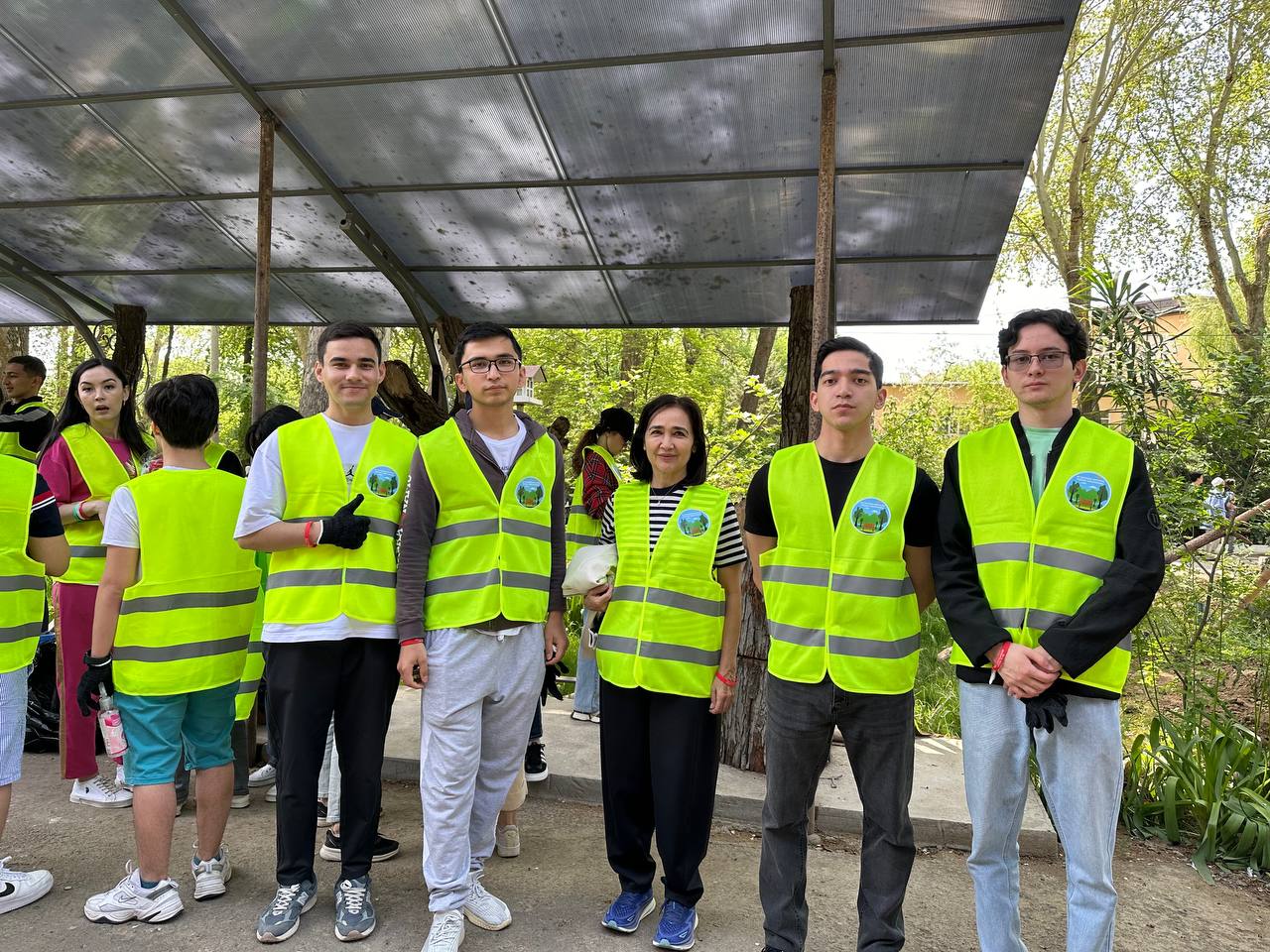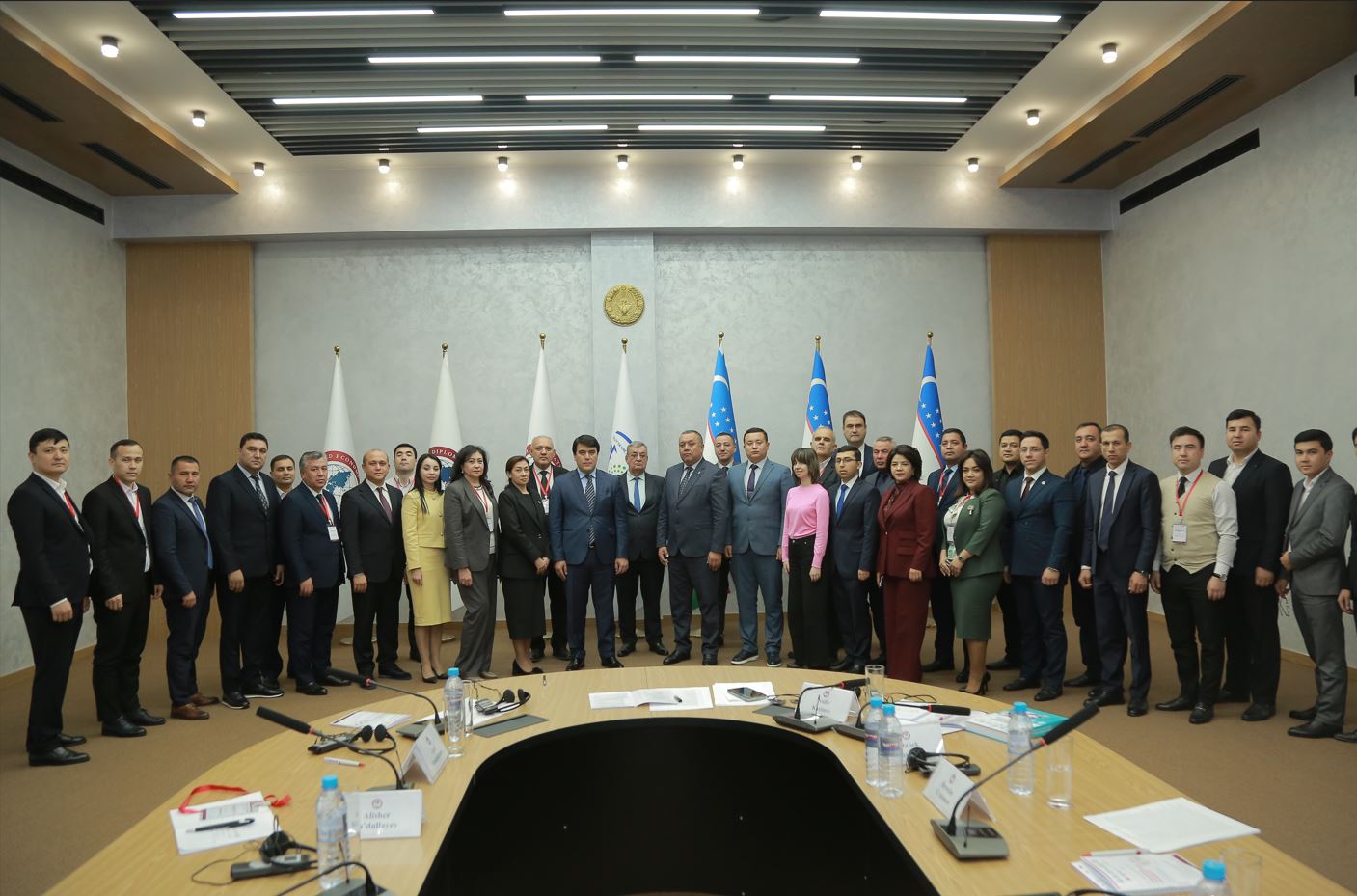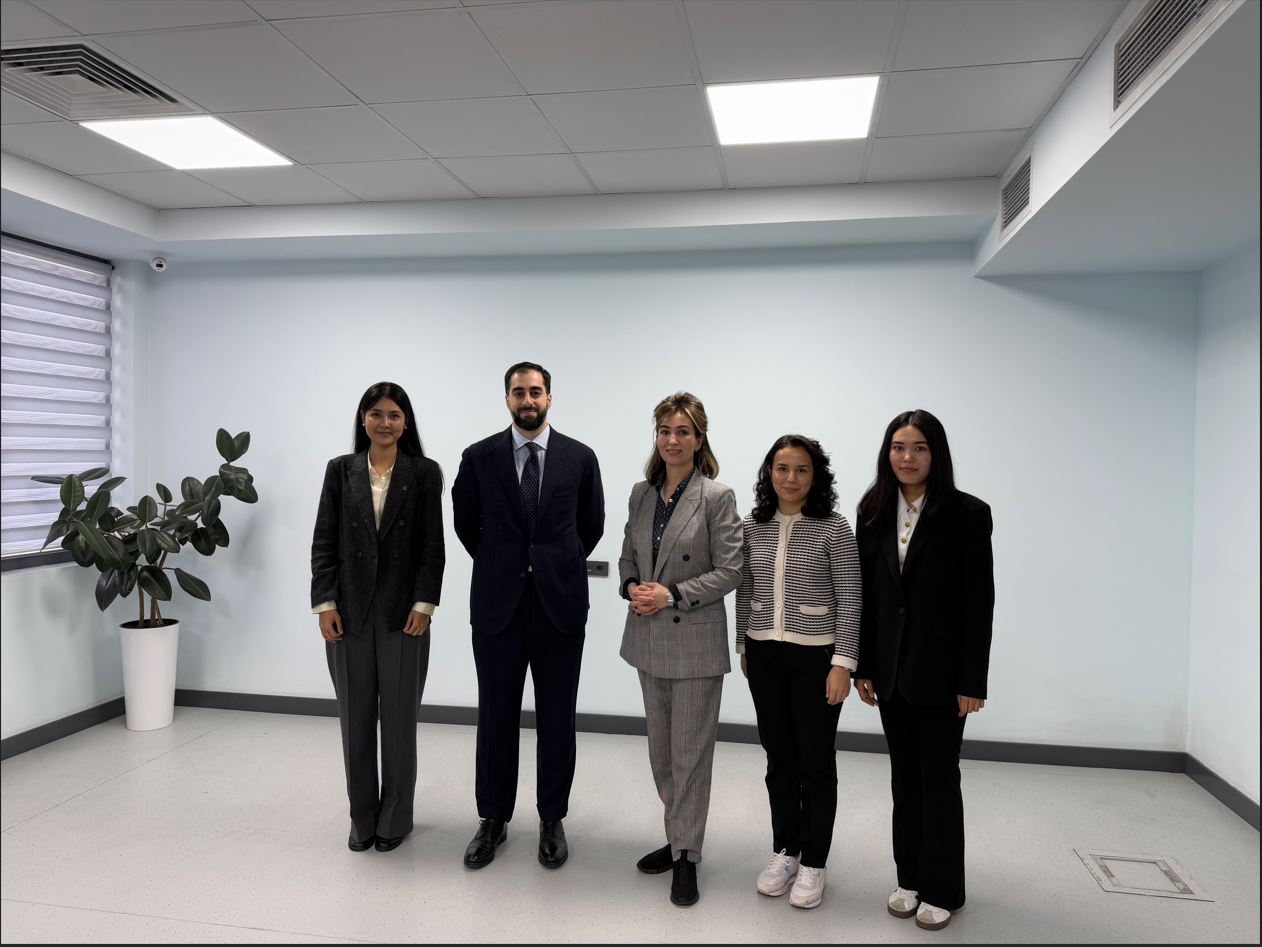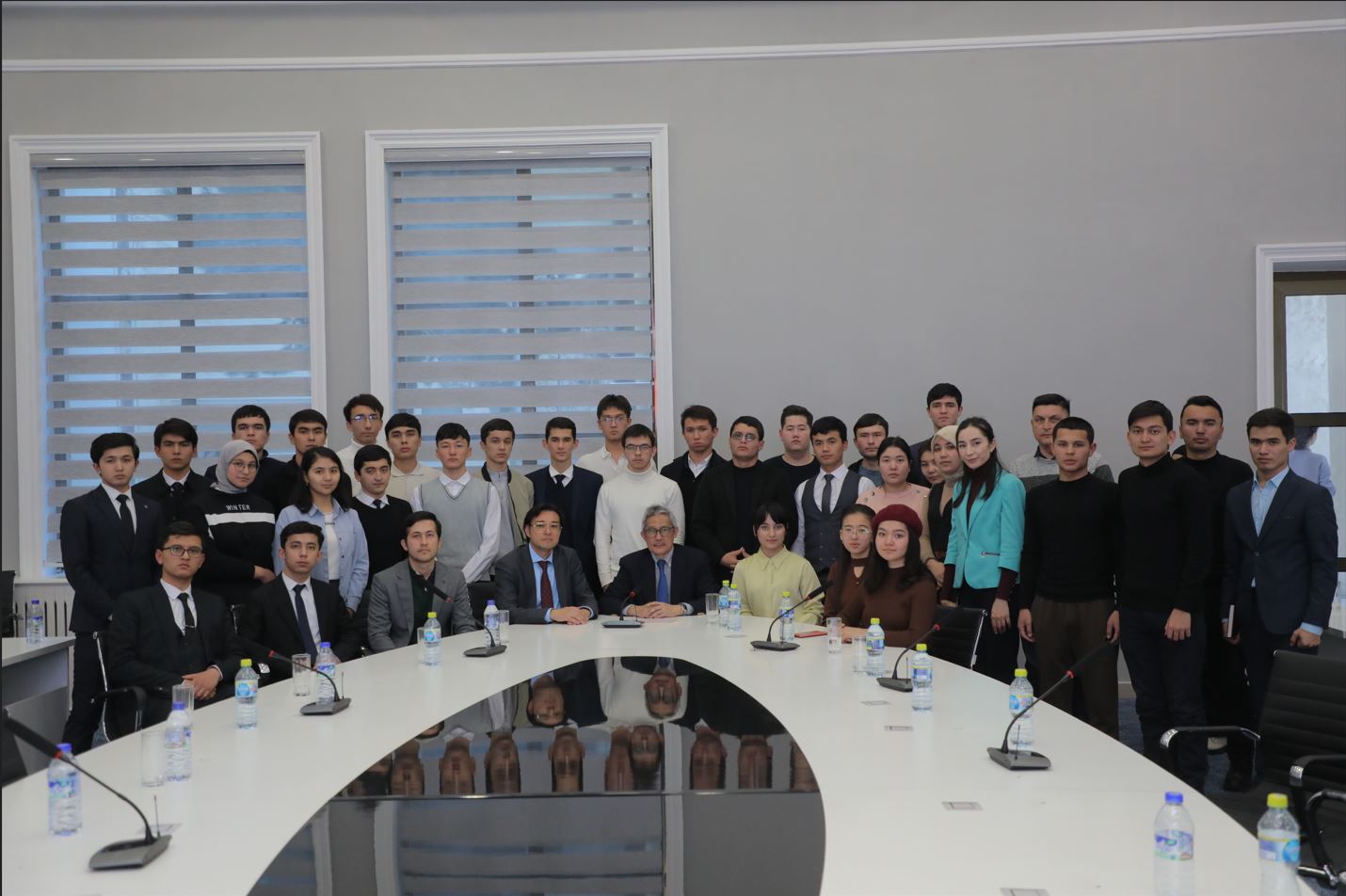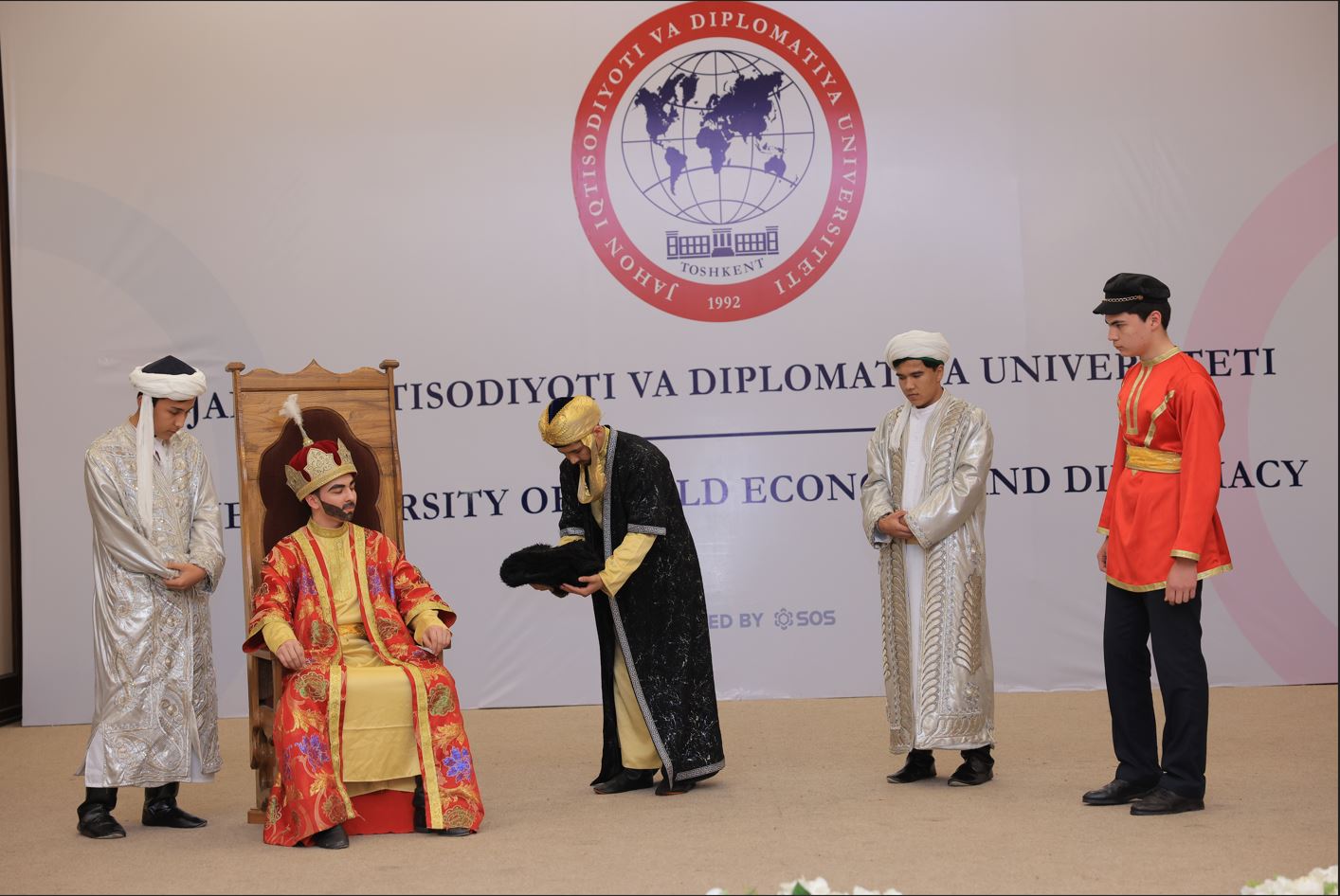
Social support in action: UWED experience in GCM Uymavut
Social support in action: UWED experience in GCM Uymavut
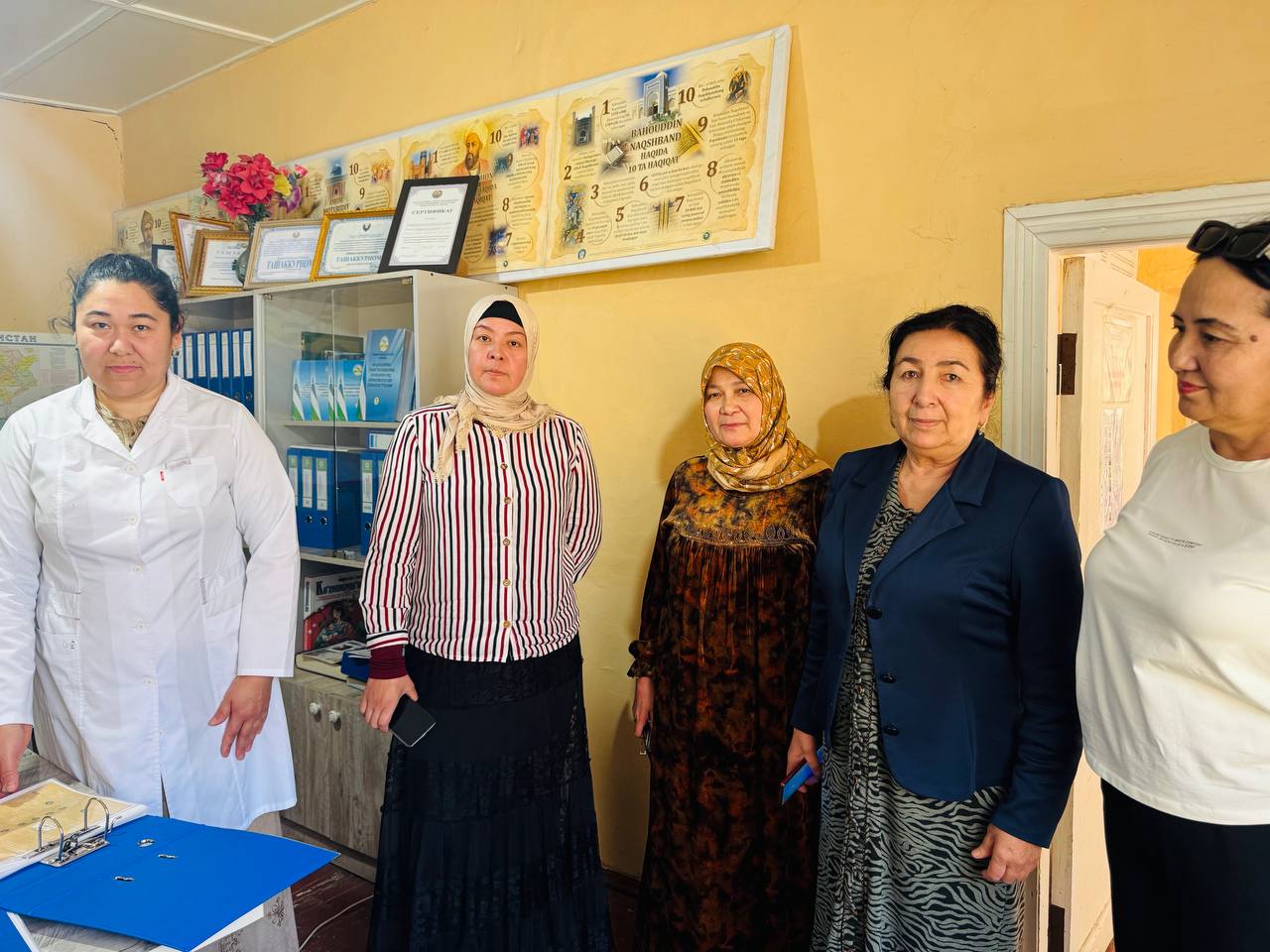
The Department of Uzbek and Russian Languages of the University of World Economy and Diplomacy (UWED) regularly implements social and educational initiatives and programs aimed at supporting the local community in the fight against poverty.
As part of one of these initiatives, with the invitation of doctors from the polyclinic, events were held on primary health care and support for residents of the mahalla citizens' assembly (GCM) in the rural area of Uymavut, Kibray district, Tashkent region. Thus, on April 11, 2025, the faculty of the department held a special educational training for local residents at the GCM Uymavut free of charge. Issues of proper nutrition and regular medical examinations, which improve the standard of living, were discussed.
During the conversation, information was provided on the importance of social protection, support for low-income families, and special attention was paid to health and the need for regular medical examinations for all family members. This event became part of the systematic work of UWED, within the framework of which the department staff and invited specialists periodically conduct consultations and educational trainings in various rural mahallas.
Invited doctor Majidova Nazokat from the family clinic GCM Uymavut shared information about the state of health care and the standard of living in the area, and university representatives held additional educational trainings for children from low-income families, emphasizing the importance of setting goals and motivating them for further development. The total number of participants exceeded 10 people, of which about 6 were from low-income families. University representatives also conducted explanatory work on the implementation of national objectives in the field of sustainable development, which include improving the quality of life of the population, especially in rural areas.
An activist of the women's committee of the Uymavut SGM, Ashirgul Toshmatova, in her speech noted the importance of traditional work with families in need of support and the need to pay special attention to primary health care. She also mentioned the constant financial support of the university, which some residents of the mahalla receive. At the end of the training, low-income families were given social assistance packages, which became an important practical contribution of the UWED to improving the standard of living of the population of the Uymavut SGM.
